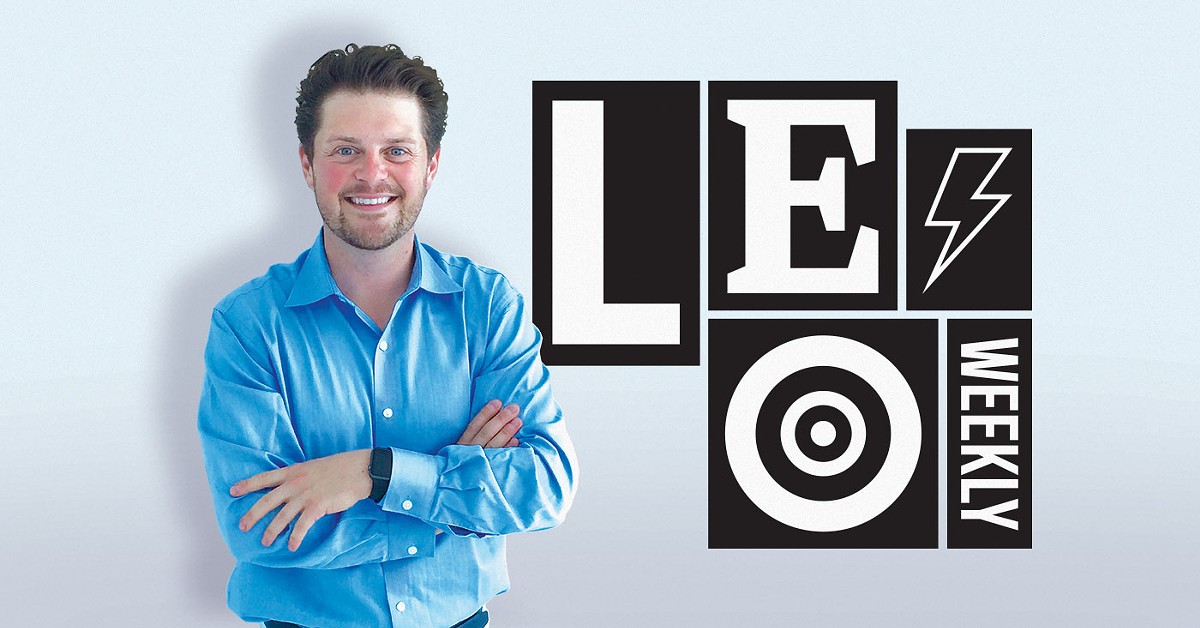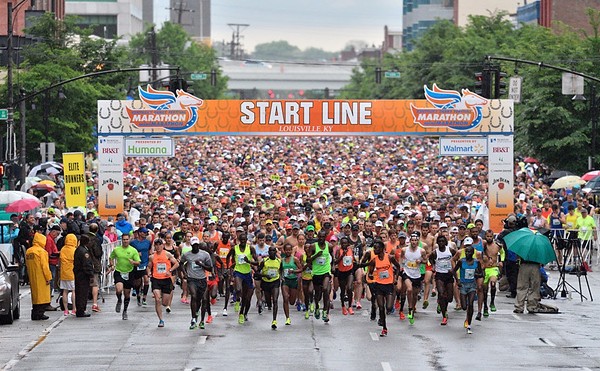No other issue captures the urban-rural divide quite like issues of fairness, or equality under the law for LGBTQ people.
LEO recently published the story of a coffee shop in Elizabethtown that fired an employee for wearing a T-shirt that protested violence against LGBTQ people. The employer apparently didn’t understand that this T-shirt was protesting violence against people. All they saw was LGBTQ, and they associated that to mean “sex.”
How could this be? In 2018, people don’t understand that LGBTQ doesn’t mean sex — or sexual predator or deviant. It means people...
This is the divide.
It’s more than a disagreement — it’s a lack of understanding in the most fundamental way. This division reflects the size and diversity of a city or town. It’s an indication of a community’s overriding political leanings and leadership of its religious institutions.
And this division also is a drain on the state.
For instance, a regular customer of the Elizabethtown coffee shop told LEO writer Deena Lilygren that she knew and liked the fired employee and was sympathetic, but asked to not be named out of fear of reprisals.
The divide not only hurts LGBTQ people but everyone in the community, regardless of their sexual identity, religious or moral beliefs. And when the cultural majority doesn’t allow room for people who disagree to speak up, something has to change.
Nine cities across the Commonwealth have passed fairness ordinances, protecting LGBTQ employees from workplace discrimination: Covington, Danville, Frankfort, Lexington, Louisville, Midway, Morehead, Paducah and Vicco.
This isn’t enough; Kentuckians need more protection, now.
Elizabethtown council members said they wouldn’t support a fairness ordinance because, they believe, that’s not what most of their constituents want. They said this while attending a protest in support of the fired employee at the coffee shop!
These elected officials are failing their duty to represent all of their constituents and, instead, have become a tool of the majority. They also reinforce the lack of understanding for the discrimination that still occurs under their watch.
Last week, the U.S. Supreme Court refused to advance the civil justice protections of Americans, including LGBTQ, on account of a failure in the legal process — that a Colorado commission unfairly showed animus toward the religious beliefs of the baker who brought the case. But, in doing so, the court also reaffirmed the importance of equality and equal protection from discrimination, and indicated it will tackle that question when the right case comes along.
That case could come from Kentucky, where the state Supreme Court is expected to hear arguments for a case about a T-shirt maker who in 2012 refused to make shirts for Lexington’s annual pride festival. The T-shirts included the phrase “pride in being gay.”
Gov. Matt Bevin, who leaves no room for ambiguity when prioritizing his strict religious-conservative worldview over all else, several months ago filed a brief in defense of the T-shirt maker, arguing it shouldn’t have to do anything that violates its religious freedom and right of conscience. While Bevin’s dismal record in court bodes well for those in favor of fairness and equality, his intense public positioning on a civil court case that doesn’t involve himself or his administration is an indication of how committed the forces of opposition are — particularly in this state.
This is why politicians who understand the need for fairness — or those who are even open to the possibility of it — must step up and defend employees when they’re fired for opposing violence against LGBTQ people. When discrimination and inequality are defended from the governor’s office, all politicians need to speak out against him… even if their constituents don’t agree.
Fairness needs public advocates and defenders, as do allies who are uncomfortable about isolating themselves from their community.
Kentucky makes a habit out of ignoring opportunities to lead on issues, or take advantage of good, proactive government. Enacting a statewide fairness law could save a lot of money and, most important, protect its citizens from discrimination.
This would be an opportunity for political leaders to help everyone understand that discrimination still occurs, today.
It may even be happening right in front of you at your local coffee shop.






